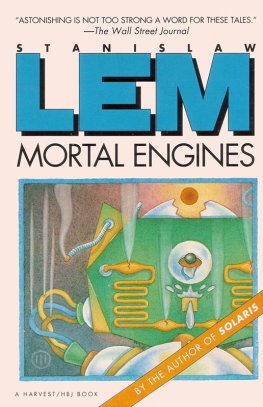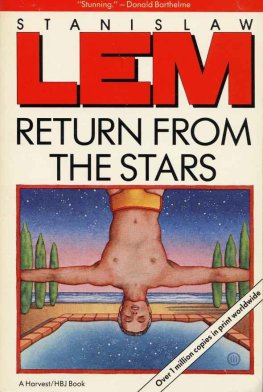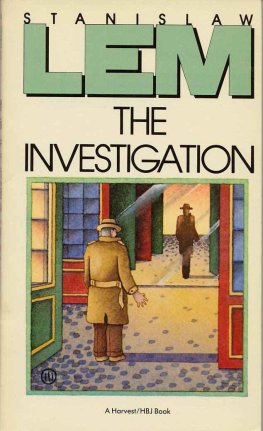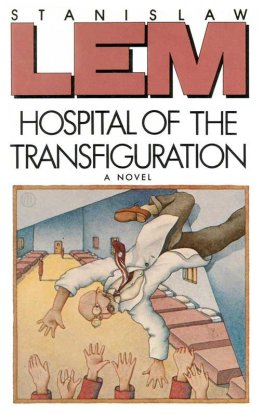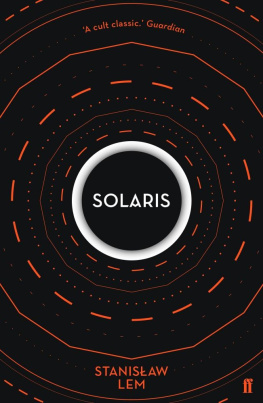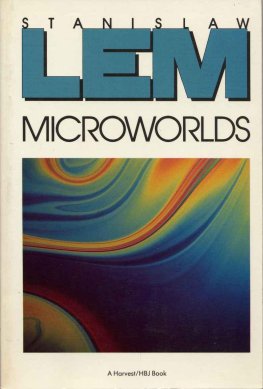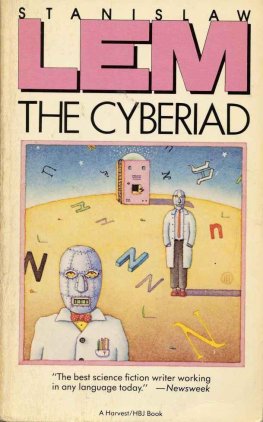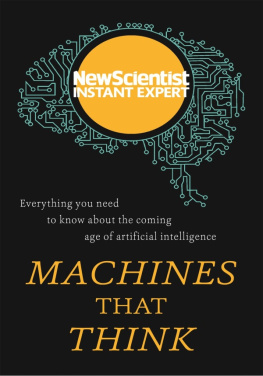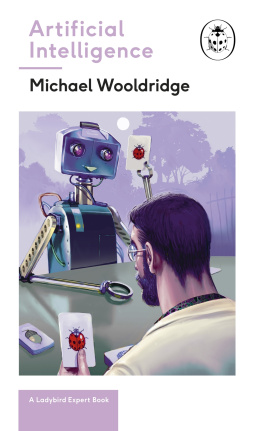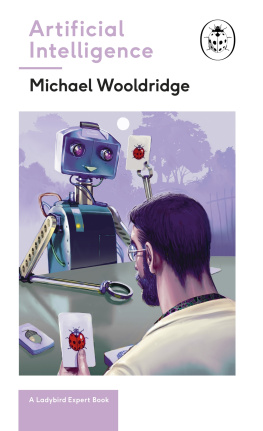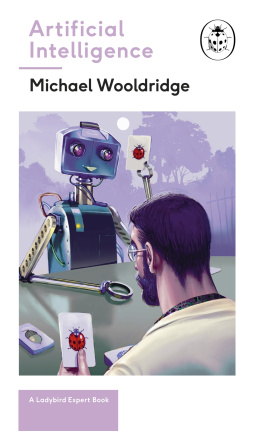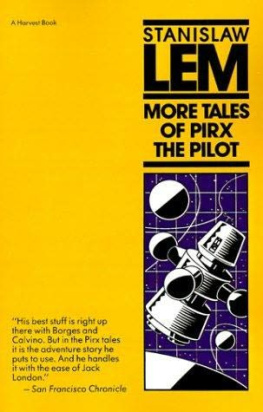Stanislaw Lem - Mortal Engines
Here you can read online Stanislaw Lem - Mortal Engines full text of the book (entire story) in english for free. Download pdf and epub, get meaning, cover and reviews about this ebook. City: London, year: 1992, publisher: André Deutsch, genre: Science fiction. Description of the work, (preface) as well as reviews are available. Best literature library LitArk.com created for fans of good reading and offers a wide selection of genres:
Romance novel
Science fiction
Adventure
Detective
Science
History
Home and family
Prose
Art
Politics
Computer
Non-fiction
Religion
Business
Children
Humor
Choose a favorite category and find really read worthwhile books. Enjoy immersion in the world of imagination, feel the emotions of the characters or learn something new for yourself, make an fascinating discovery.
- Book:Mortal Engines
- Author:
- Publisher:André Deutsch
- Genre:
- Year:1992
- City:London
- ISBN:0-233-98819-
- Rating:5 / 5
- Favourites:Add to favourites
- Your mark:
- 100
- 1
- 2
- 3
- 4
- 5
Mortal Engines: summary, description and annotation
We offer to read an annotation, description, summary or preface (depends on what the author of the book "Mortal Engines" wrote himself). If you haven't found the necessary information about the book — write in the comments, we will try to find it.
Mortal Engines — read online for free the complete book (whole text) full work
Below is the text of the book, divided by pages. System saving the place of the last page read, allows you to conveniently read the book "Mortal Engines" online for free, without having to search again every time where you left off. Put a bookmark, and you can go to the page where you finished reading at any time.
Font size:
Interval:
Bookmark:
Stanislaw Lem
MORTAL ENGINES
Translated and with an Introduction by Michael Kandel
OTHER BOOKS BY STANISLAW LEM
The Chain of Chance
The Cyberiad
Eden
Fiasco
The Futurological Congress
His Masters Voice
Hospital of the Transfiguration
Imaginary Magnitude
The Investigation
The Invincible
Memoirs Found in a Bathtub
Memoirs of a Space Traveler
Microworlds
More Tales of Pirx the Pilot
One Human Minute
A Perfect Vacuum
Return from the Stars
Solaris
The Star Diaries
Tales of Pirx the Pilot
Copyright
First published in Great Britain in 1993 by
Andr Deutsch Limited
105-106 Great Russell Street
LONDON
WC1B3LJ
English translation copyright 1977 by The Seabury Press
Introduction copyright 1992 by Harcourt Brace Jovanovich, Inc.
All rights reserved.
Mortal Engines was first published by The Crossroad/Continuum Publishing Corporation.
The first eleven stories were previously published as part of a collection called Bajki robotw (Fables for Robots) in Cyberiada, third edition, by Wydawnictwo Literackie, Cracow, 1972. The Sanatorium of Dr. Vliperdius was previously published as Zaklad Doktora Vliperdiusa in Dzienniki gwiazdowe, fourth edition, by Spldzielnia Wydawnicza Czytelnik, Warsaw, 1971. The Hunt, was previously published as Polowanie in Opowieci o Pilocie Pirxie, second edition, by Spldzielnia Wydawnicza Czytelnik, Warsaw, 1973. The Mask was previously published as Maska in Maska by Wydawnictwo Literackie, Cracow, 1976.
C1P data for this title is available from the British Library.
ISBN 0-233-98819-X
Printed in Great Britain by WBC Bridgend
Contents
Introduction by Michael Kandel
The Three Electroknights
Uranium Earpieces
How Erg the Self-inducting Slew a Paleface
Two Monsters
The White Death
How Microx and Gigant Made the Universe Expand
Tale of the Computer That Fought a Dragon
The Advisers of King Hydrops
Automatthews Friend
King Globares and the Sages
The Tale of King Gnuff
The Sanatorium of Dr. Vliperdius
The Hunt
The Mask
Introduction
Fifteen years ago Seabury Press, for whom I had translated several books by Stanislaw Lem, gave me the chance to play anthologist and put together a Lem collection of my own, one that had never appeared in Polish. The result was this volume.
My idea: an assortment of Lems stories about robots. Some lighthearted, some grim, but all sharing the premisewhich is a cornerstone of Lems fictional worldthat robots, after all, are people too.
The title I found by the time-honored method of browsing through Bartletts. It comes from Shakespeares Othello, where the Moor, hearing of Desdemonas infidelity, bids farewell (III, iii, 350357) to the peace of mind he knew, paradoxically, in his military career. The mortal engines, whose rude throats / Thimmortal Joves dread clamors counterfeit, are thundering cannons, machines of war. In the context of science fiction and Lem, these engines become automata, and mortal takes on the resonance of a pun: mortal sometimes in the sense of death-dealing and mortal sometimes in the sense of subject to death. They are mortal, in other words, as we are mortal.
The robot theme was partly an excuse. A perfectly good theme, fully appropriate to the authorbut the truth was, I also wanted to have a little fun: I wanted to translate Lems eleven Fables for Robots, not because they featured a world peopled entirely by robots (a world, as it were, without a drop of protoplasm) but because they were in that same vein of playful fantasy I had enjoyed so much, both as reader and translator, in The Cyberiad and The Star Diaries. Of all the Lemsthe writer of traditional science fiction, the philosopher, the political satirist, the visionary, the moralist, and so onthe Lem I personally liked the best, and still do, was the storytelling humorist: the zany Baron Munchausen Lem.
A few remarks, by way of background, about the robot themethe cybernetic idea that so obsesses Lem.
The word cybernetic, coined in 1948, was the result of that dramatic and unexpected turn taken by twentieth-century science and technology in information processing: the so-called second industrial revolution. Norbert Wiener, the father of cybernetics, presented cybernetics as the study of complex systems that could regulate their own performance or function (output) on the basis of received data about that performance (input)in other words, systems possessing feedback. Man was one example of this kind of system; a life-imitating automaton would be another. The system was the important thing, not the raw material; that could be biological or nonbiological. Thus the distinction between natural and artificial ceased to have relevance. An artificial man, Wiener said, would be better thought of as an analog man. Such a device would actually be an ally of man in the struggle against universal chaos, both machine and man islands of locally decreasing entropy.
Socialism, at least the scientific version of socialism, played an important role in introducing the idea of artificial man in the nineteenth century. For some, he (or it) was an ultimate ideal; for others, an ultimate nightmare. Here are two examples, pro and con, both Russian. (For some reason, the Russians, despite their archetypically endless fields, mud, peasants, beards, fleas, and backward technology, have always been very verbaland quite sophisticatedon the subject of artificial people.) In 1864, Dostoyevski, in his antiutopian Notes from the Underground, saw scientifically defined man as a soulless mechanism, a thing devoid of individuality and independence:
Science will teach man that he never has really had any caprice or will of his own, and that he himself is something in the nature of a piano key or the stop of an organ, and that there are, besides, things called the laws of nature; so that everything he does is not done by his willing it, but is done of itself, by the laws of nature. Consequently we have only to discover these laws of nature, and man will no longer have to answer for his actions and life will become exceedingly easy for him. All these human actions will then, of course, be tabulated according to these laws, mathematically, like tables of logarithms up to 108,000, and entered in an index; or, better still, there will be published certain well-intentioned works in the nature of encyclopedic dictionaries, in which everything will be so clearly calculated and noted that there will be no more deeds or adventures in the world.
A few years after socialism finally triumphed in the form of the Russian Revolution and the Soviet brave new world, one utopian intellectual by the name of Gastev was moved to write:
The mechanization, not only of gestures, not only of production methods, but of everyday thinking, coupled with extreme rationality, normalizes to a striking degree the psychology of the proletariat, gives it such a surprising anonymity, which permits the qualification of separate proletarian units as A, B, C, or as 325,075, or as 0. This tendency will next imperceptibly render individual thinking impossible, and thought will become the objective process of a whole class, with systems of psychological switches and locks. As these collectives-complexes move, they resemble the movement of objects, with individual human faces gone emotions gauged not by outcries, not by laughter, but by a manometer and a taxometer. We have the iron mechanics of a new collective, a new mass engineering that transforms the proletariat into an unheard-of social automaton.
Font size:
Interval:
Bookmark:
Similar books «Mortal Engines»
Look at similar books to Mortal Engines. We have selected literature similar in name and meaning in the hope of providing readers with more options to find new, interesting, not yet read works.
Discussion, reviews of the book Mortal Engines and just readers' own opinions. Leave your comments, write what you think about the work, its meaning or the main characters. Specify what exactly you liked and what you didn't like, and why you think so.

